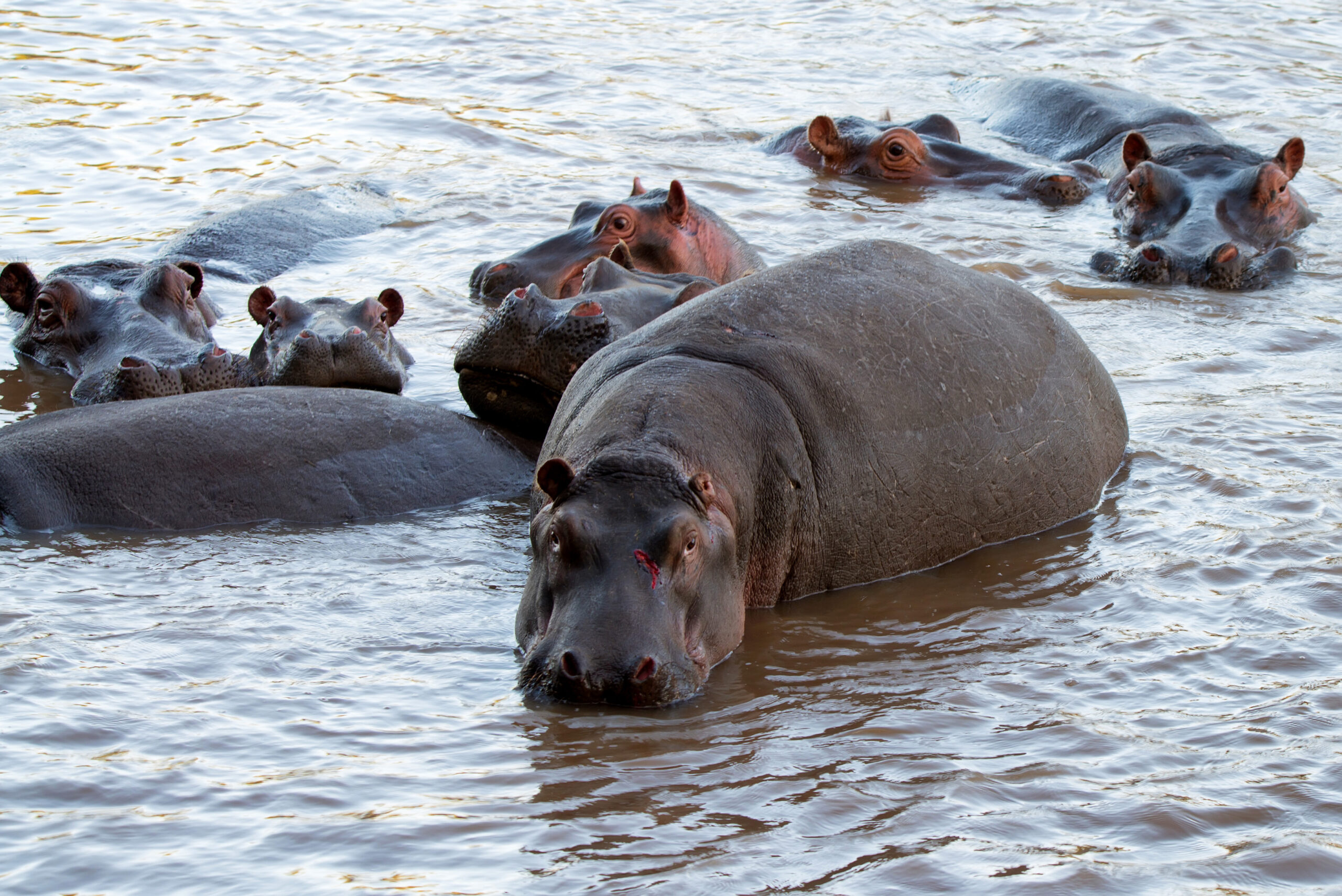The common hippopotamus (Hippopotamus amphibius) in Zimbabwe faces significant conservation challenges due to population declines driven by habitat loss, poaching, climate change and human-wildlife conflict. As keystone species and ecosystem engineers, hippos are vital to both aquatic and terrestrial ecosystems, influencing water flow, vegetation structure and nutrient cycling. Despite some population recovery since the 1990s, data gaps remain a major obstacle to effective conservation planning. Habitat degradation from agriculture and urbanization, water pollution and increasingly severe droughts threaten their survival. Illegal hunting and culling further exacerbate declines, especially as human encroachment increases conflict. The review calls for a comprehensive, integrated strategy involving strengthened law enforcement, community engagement, responsible ecotourism and systematic ecological research. Priorities include standardized population monitoring, evaluating conservation efforts, and mitigating human-hippo conflicts. Immediate, collaborative action is essential to secure the future of Zimbabwe’s hippo populations and maintain the ecological balance they support.

